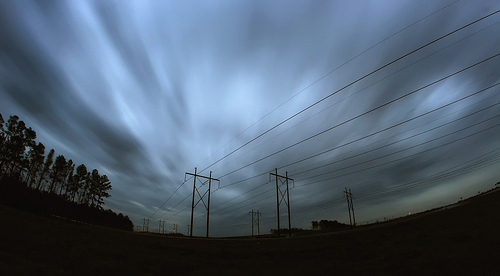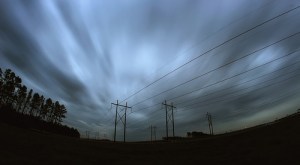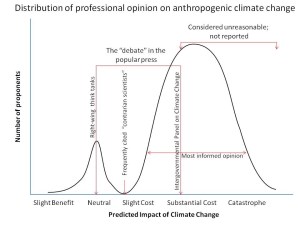In a sane world, a 2011 filled with spectacularly bizarre weather followed by a winter and spring that are record-shatteringly hot — out of control hot; Biblical hot — would have everyone in the U.S. freaking the f*ck out about climate change.
We never quite get there, though. We don’t seem to be grappling with the fact that this kind of volatility is rapidly becoming the new normal — or that we are totally unprepared.
If the public does tune in to what little media coverage there is of the climate-weather connection, they end up wading through technical discussions about attribution. Take this piece from Andrew Freedman at Climate Central. It is an excellent piece of reporting, thorough and judicious, but it is occupied almost exclusively with pinning down exactly what portion of this particular heat wave can be attributed to climate change. Some scientists say only a small portion. Some say it wouldn’t have happened without climate. Freedman’s lede says the heat wave “bears some of the hallmarks of global warming.” It’s not exactly galvanizing stuff.
Brad Plumer follows up with a similar piece. At the end, he asks:
So why does any of this matter? Isn’t it enough to know that the planet is warming and that unseasonably sweaty conditions are the sort of thing we’re likely to see more and more frequently if we continue belching greenhouse gases into the air?
Um … yes! It is enough! As Brad notes, there may be some legal issues down the road that hinge on precise attribution for individual events, but it’s hard to see how it has much bearing on policy or public sentiment.
The recently released IPCC report on extreme weather isn’t much better at clearly conveying the big picture. As Joe Romm notes, it’s a bland, least-common-denominator document:
Unfortunately, the IPCC continues to conflate uncertainty in future emissions of greenhouse gases with uncertainty in the climate’s sensitivity to those emissions. This means they present a very large range of possible overall impacts — and that allows the deniers to trumpet the low range with their powerful fossil-fuel-funded megaphone and induces the media to provide “balance” in their stories between the mid-range and the low range.
The net effect is that an accurate picture of the current range of scientific opinion does not reach readers. Michael Tobis sketched out this graph to try to represent the skewed nature of public discussion:
Anyway, getting back to weather: What the public needs to know is that volatility like we’ve seen recently is on the rise because of climate change. Even if we stopped emitting greenhouse gases tomorrow, global average temperature would continue rising for a good half-century just in response to past GHG emissions. Rising temperature will drive more and more extreme weather. This will create all sorts of health, agricultural, energy, and economic issues for which we are grossly unprepared.
That’s it. Why can’t that simple message seem to capture the popular imagination? How much freaky weather does it take?





